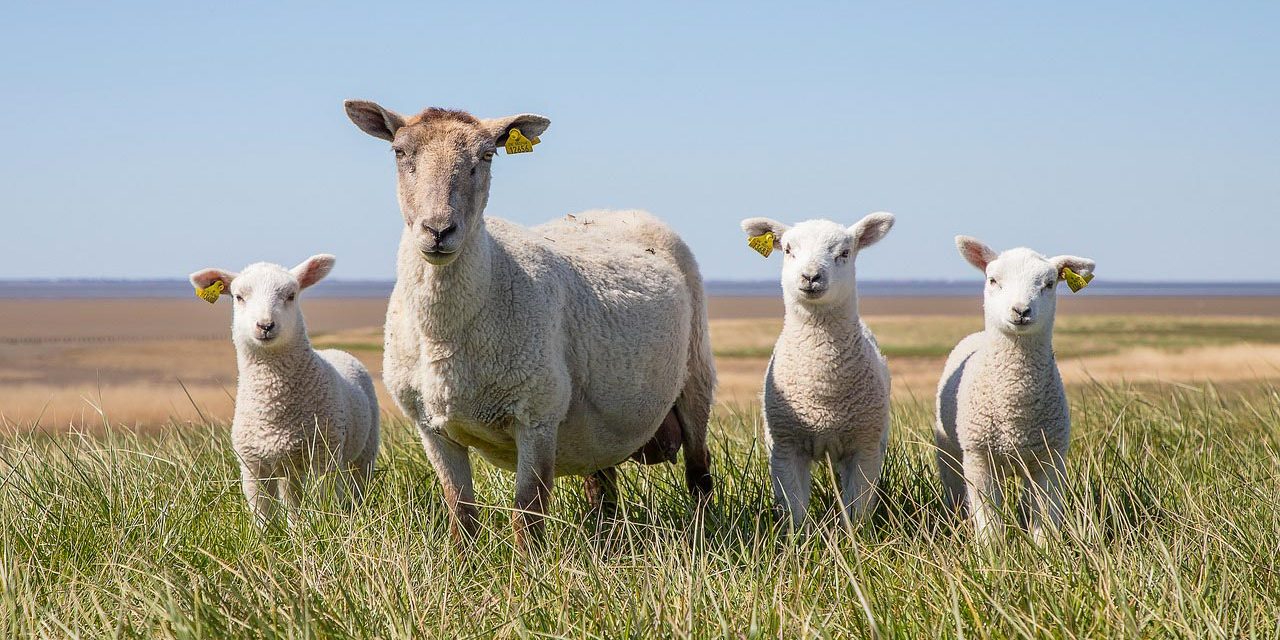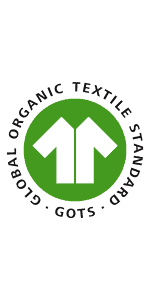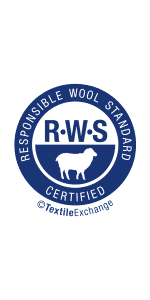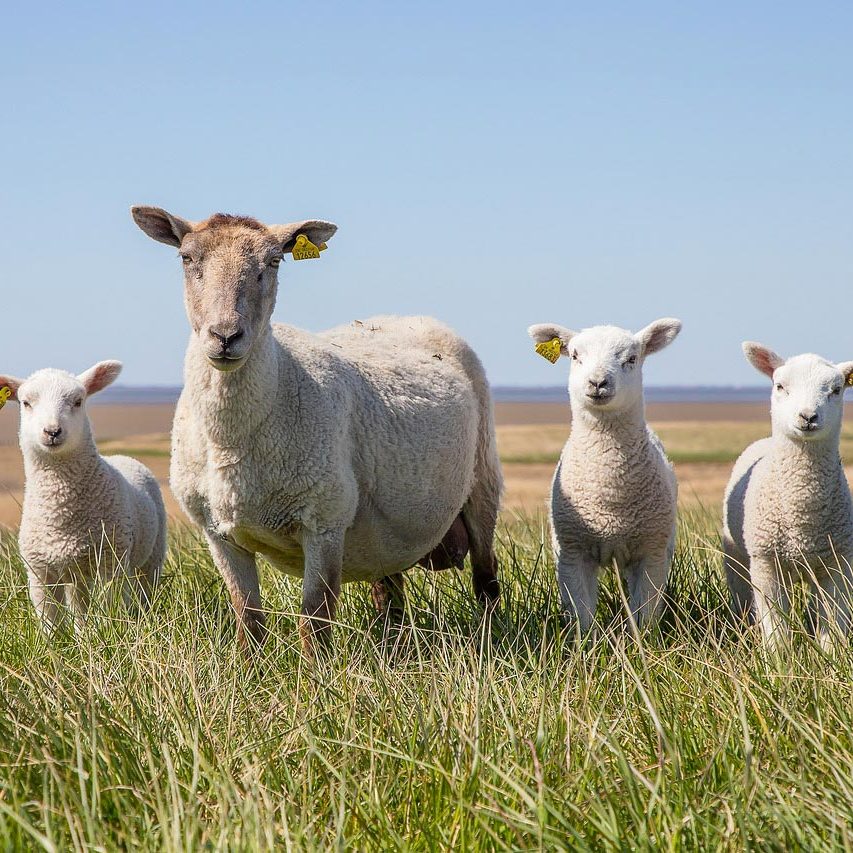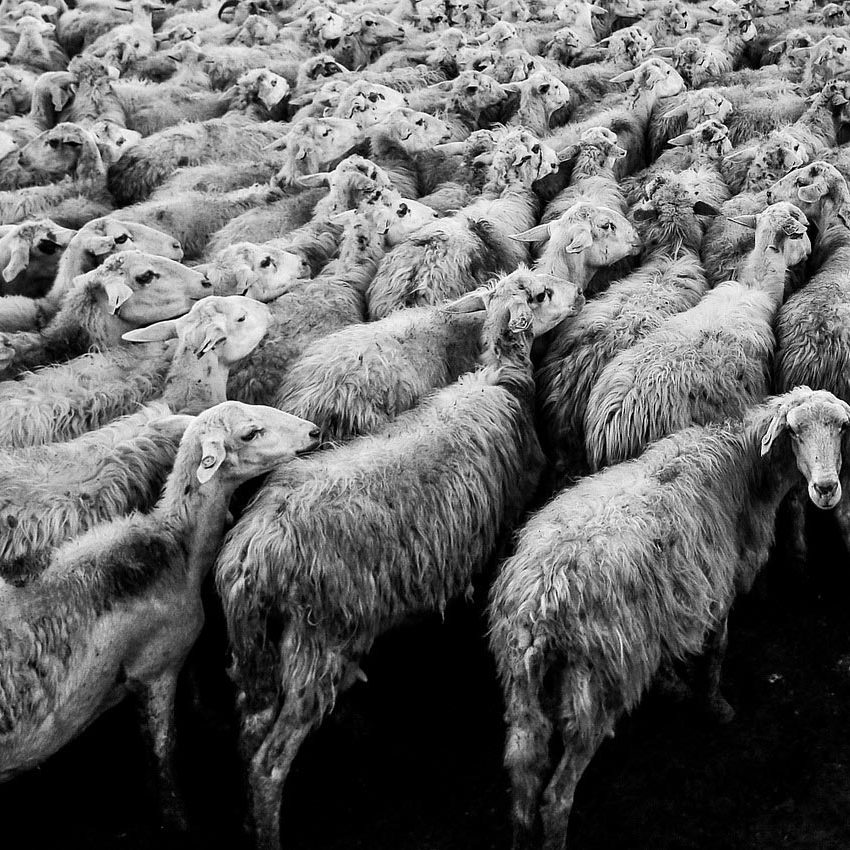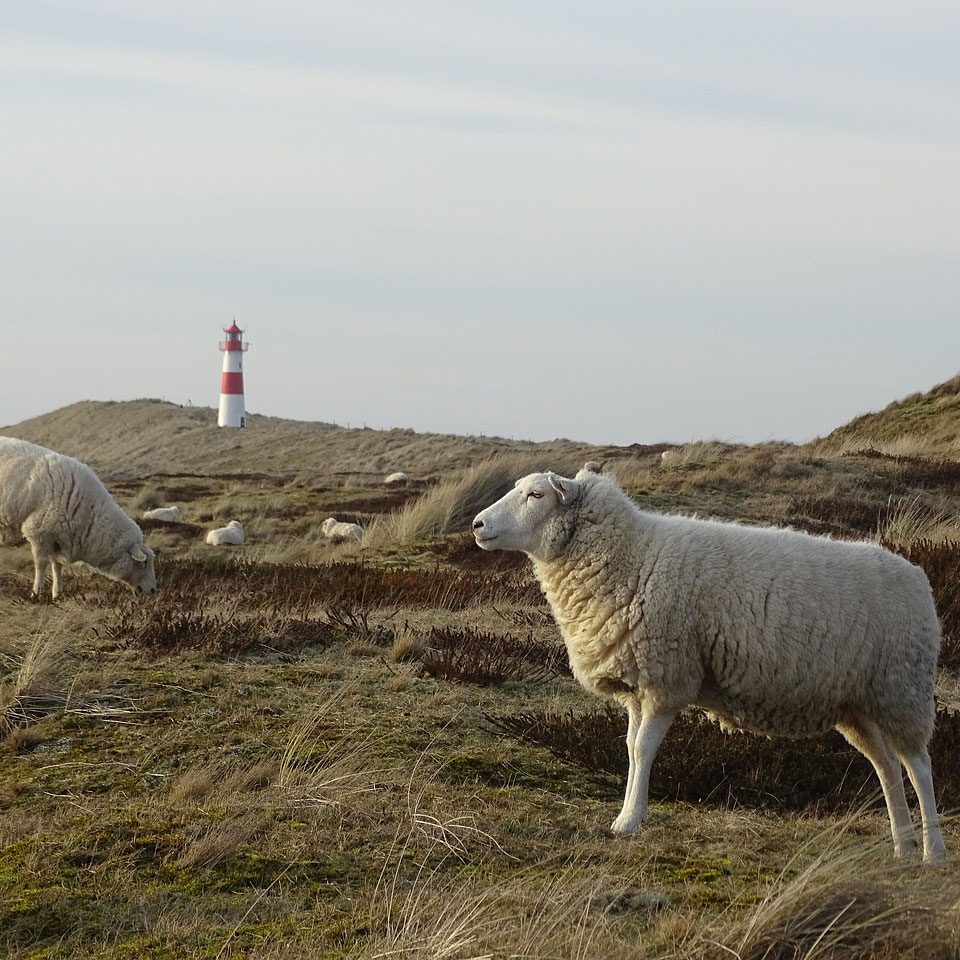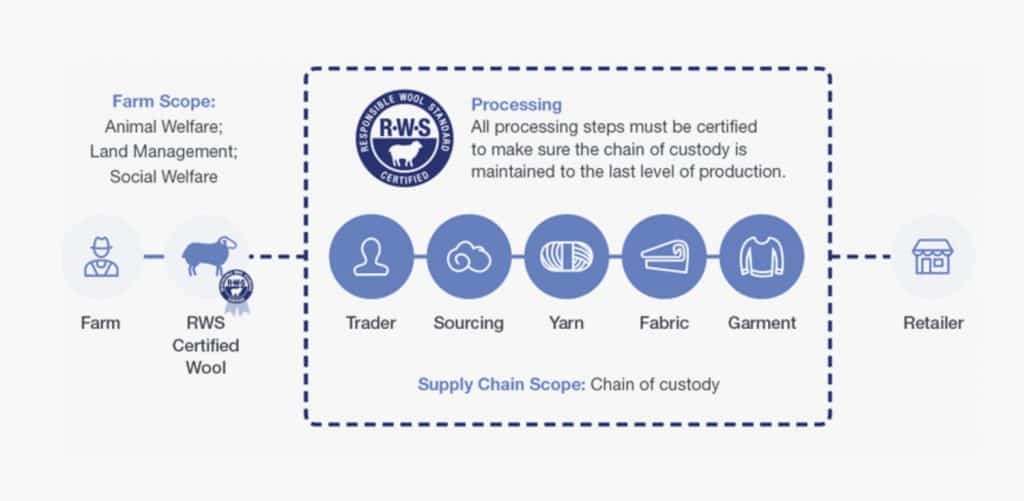As we have seen previously, the Global Organic Textile Standard (Gots) provides for the issue of a certificate that certifies the content of natural fibers from organic farming, in the case of wool therefore from responsible and traced breeding.
In fact, the certificate guarantees the maintenance of the traceability of the entire production process, starting from the collection of natural fibers to the subsequent stages, up to the finished product.
It can also certify the treatments and chemicals used for these, if they comply with the requirements of the standard. As for certifiable products, the percentage of natural fibers from certified farms or farms must be at least 70% in the final product.
There are many certifiable products and range from yarns and clothing, to toys and textile accessories, mattresses and linens and even make-up remover wipes and other personal care accessories.
Responsible Wool Standard is a certification promoted by Textile Exchange, an organization that deals with the responsible development of the textile sector.
It consists of a declaration that ensures that the wool comes from responsibly managed farms. This responsibility consists in respecting criteria for animal welfare and for the reduction of the environmental impact as well as the traceability of the product throughout the production process.
The criteria can therefore include the use of renewable energy, responsible water management and the social equity of workers in the farms, up to the attention to pastures and the environment in which the sheeps live.
All the products that contain at least 5% of RWS certified wool can be RWS certified. However, an important factor to consider is that if a product is RWS certified for the wool it contains, all the wool present must be RWS certified. This aspect avoids the possibility of having mixed wool yarns with a low percentage of wool coming from specific RWS certified lots and another percentage of non-certified wool, which benefits from the certification of the first.
As with other certifications, the process for certifying an RWS product or company consists of several phases that must be passed; evaluation of products, raw materials, verification of production processes, and organization of the material so that it is identifiable, and therefore traceable.
After the issuance of an RWS certificate conformity that comes after the verification of the previous phases, the surveillance will be carried out. In fact, once the certification has been granted, Icea undertakes to carry out specific inspections by the producers up to the distribution of the product in order to verify the maintenance of compliance conditions.
As a knitwear factory that works for many different brands, when we deal with our customers’ winter collections, there has been an increasing demand in recent years for both combed and carded wool yarns that are Gots or Rws certified. In the new AW 22-23 collections of the main spinning mills we use, there has been a further increase in wool or mixed wool yarns certified by RWS or GOTS, in addition to other certifications, a sign that the market is increasingly looking at these types of yarns.

